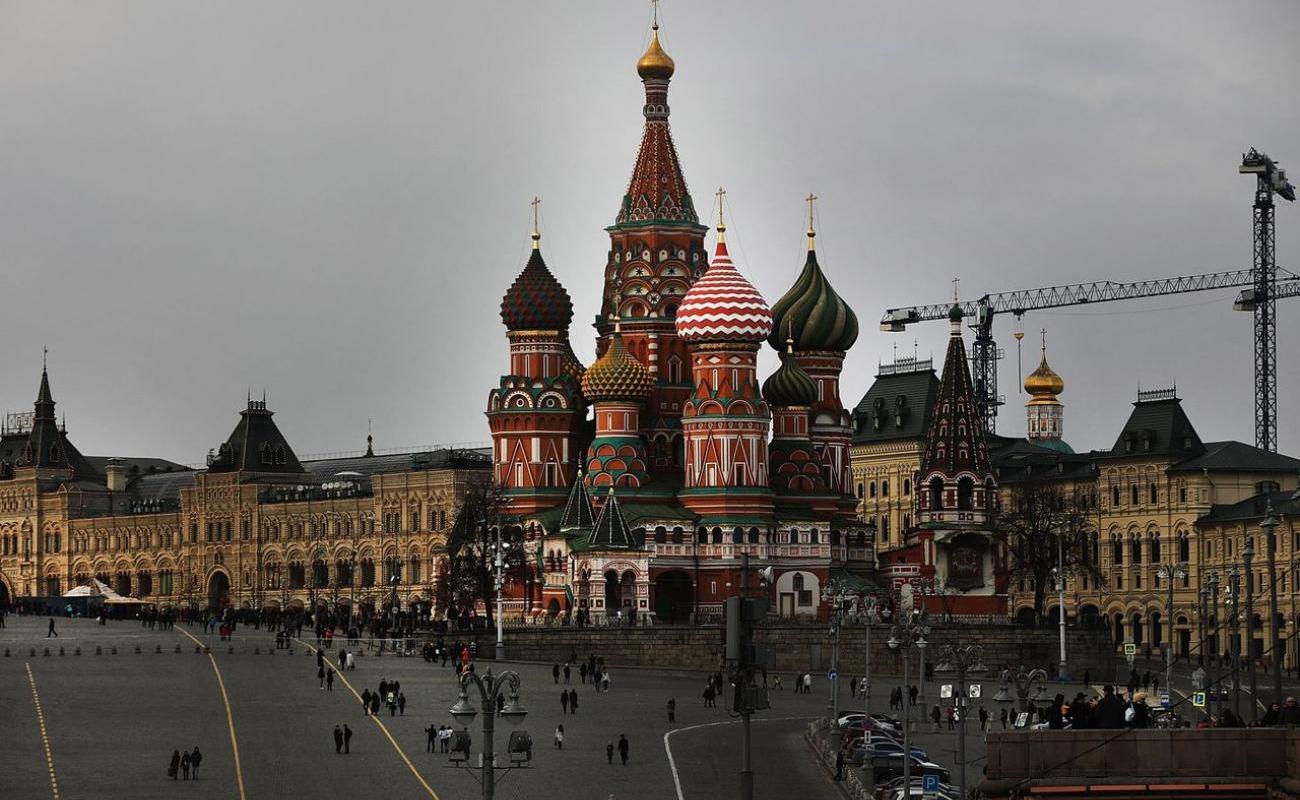How to use Russia’s central bank assets for Ukraine

Tom Keatinge is director for the Centre for Finance & Security at RUSI. Kinga Redlowska is head of the Centre for Finance & Security at RUSI Europe.
As the international dialogue on Russia’s full-scale invasion of Ukraine enters a new chapter, so too must our thinking on how to support Ukraine in its valiant defense of its territorial integrity, and of Europe too.
There are many thorny issues to address here — some of them real, some of them imagined and fabricated in a way that only the EU and its bureaucracy can manage. And chief among them is what to do with the immobilized Russian Central Bank assets, the lion’s share of which are denominated in euros and thus held in EU-domiciled banks.
To date, Europe’s political and financial leaders have found endless excuses to postpone cutting this Gordian Knot. But as we head into talks and negotiations, continued dithering and delay risk disaster.
To recap: Shortly after the Kremlin’s illegal invasion of Ukraine, the G7 made the bold decision to immobilize Russia’s foreign exchange reserves, estimated to be in excess of €300 billion. This meant these funds were put beyond Russia’s reach, as it became illegal for the banks that held them — or anyone else in the EU — to do anything with them.
After much debate, in 2024 the G7 then agreed the profit on these assets — though not the assets themselves — could be made available to Ukraine in the form of Extraordinary Revenue Acceleration (ERA) Loans, totaling approximately €45 billion. And these loans are secured against the extraordinary profits earned by the Russian Central Bank assets, which remain immobilized in Western banks.
So far, so uncontroversial. But why can’t these assets be confiscated and given to Ukraine?
Over the last few years, a number of legal, financial and parochial arguments, with varying degrees of reason, have been put forth in this regard.
Firstly, the legal arguments: Central bank assets benefit from sovereign immunity — something many point to when arguing against full confiscation. Yet, this argument has been firmly rebutted by lawyers, who have reached a consensus that the international law concept of “countermeasures” could apply in this case. This concept allows for measures that would otherwise be unlawful, if they’re proportionate and taken in response to another state’s wrongful act, so as to encourage the latter to comply with international obligations.
